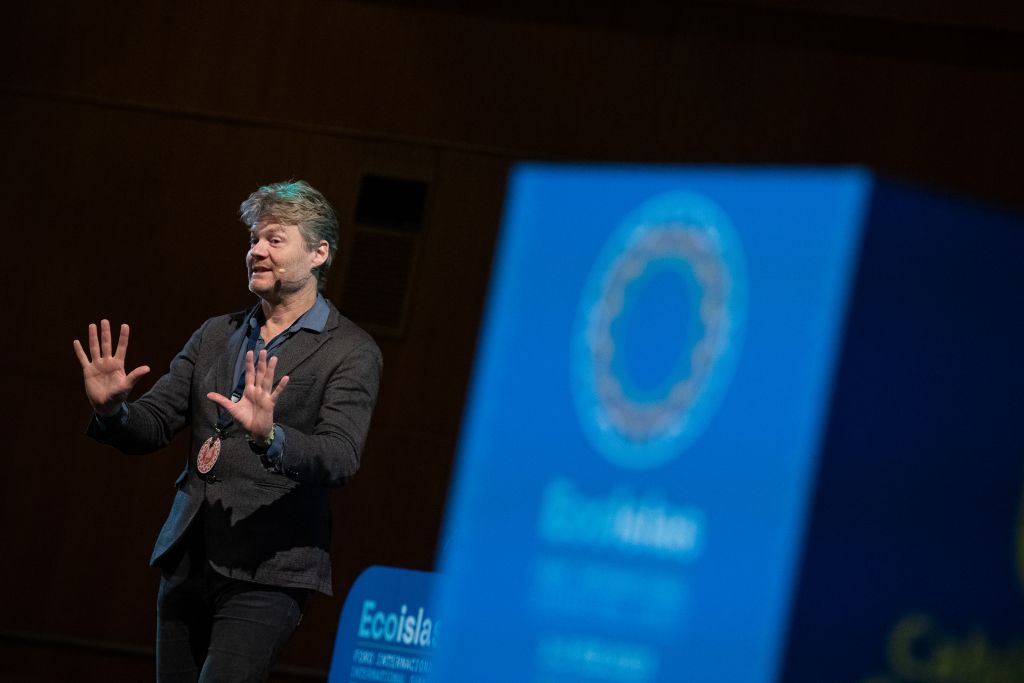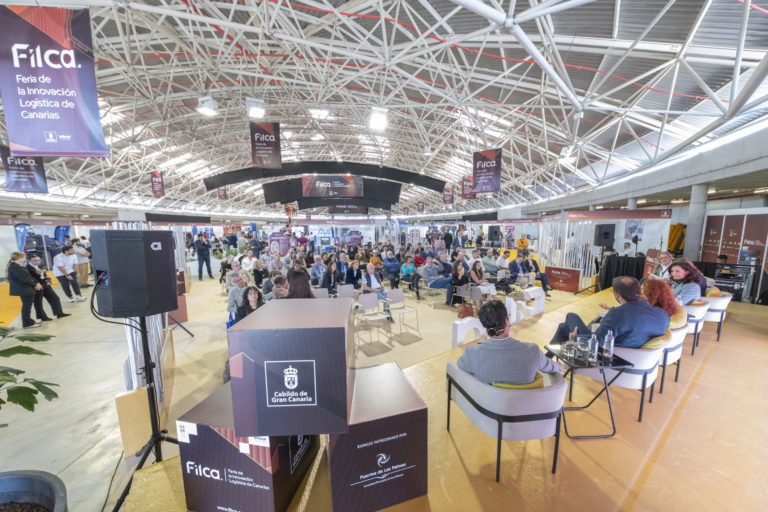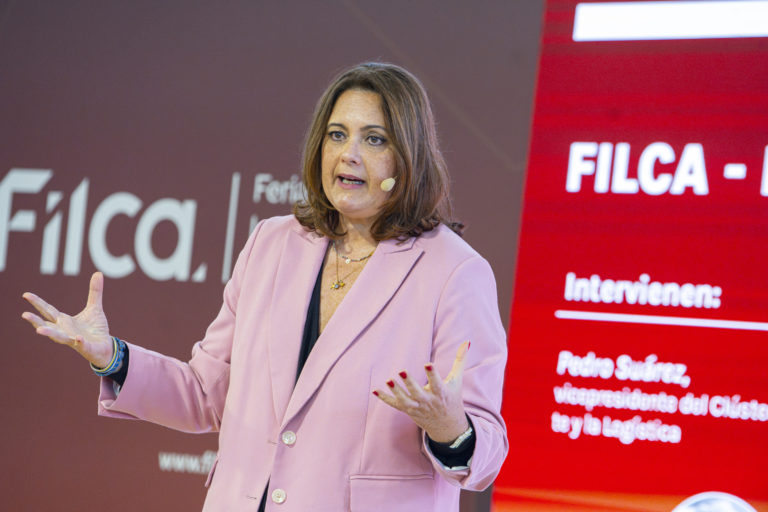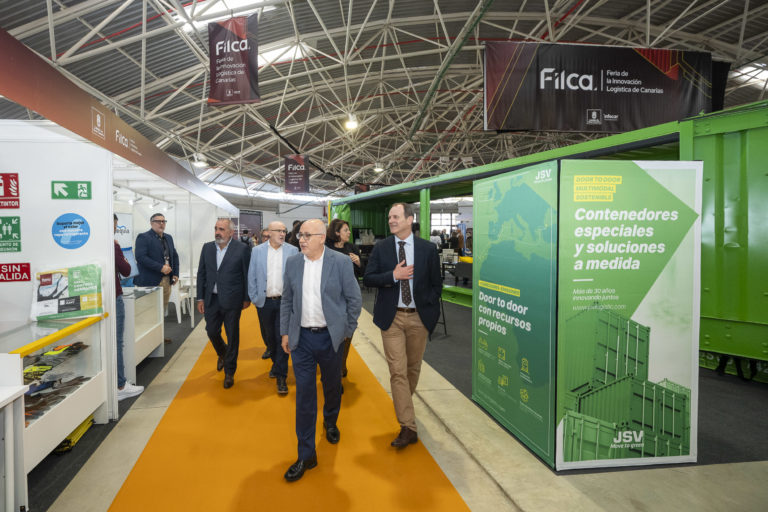- This first edition closed today, Friday, with a magnificent result in all its objectives.
- According to the data offered by Christian Felber, “in 2022 we will have surpassed six of the nine planetary ecological limits”.
The Ecoislas International Forum has closed its first edition with a magnificent result in all its objectives: more than 700 attendees, 53 conferences and 74 speakers from up to seven countries.
Promoted by the Cabildo de Gran Canaria and organized by Infecar, the International Ecoislas Forum was born to consolidate itself as a space for discussion, proposals and promotion of measures aimed at promoting the transition towards a greener, more profitable, more self-sufficient and environmentally sustainable socio-economic model with an insular approach.
The organization of this first International Ecoislas Forum celebrates the results obtained, which are “a breakthrough of extraordinary dimension in the essential processes of ecological transition in island territories”, addressing and deepening in its four thematic blocks: adaptation to climate change; energy, water and mobility; circular economy and blue economy and regenerative tourism.
This event has been an extraordinary source of knowledge exchange between dozens of specialists and world-class organizations, contributing to enriching the most modern and efficient visions of the future, the contexts of research and innovation, and the actions aimed at protecting the population, its essential resources, basic infrastructures and the conservation of the biodiversity of the Canary Islands.
The objective is to advance the project of socio-economic transformation of a socio-economic model towards one that is environmentally sustainable, socially just and self-centered in one of the most unique territories in the world. “A planet of finite resources cannot sustain a model of infinite growth,” as the president of the Cabildo de Gran Canaria, Antonio Morales, pointed out at the opening ceremony.
“An economy without ecology is a blind and foolish science”.
The promoter of the Theory of the Common Good, with more than ten books published, Christian Felber, has declared that “an economy without ecology is a blind and foolish science”, strengthening his discourse in favor of a management model that establishes a “scorecard” for a sustainable, democratic, balanced, egalitarian and socially just future.
According to the data offered by Christian Felber, “in 2022 we have surpassed six of the nine planetary ecological limits” which is “the most relevant reference of the last decade”. The planet has 210 million more people in a situation of severe food insecurity, which draws “a crisis landscape” that “needs an urgent paradigm shift” that also addresses “a shift in our cultural understanding”.
82% of German banks, as he cited as an example, further increased their profits in the last two years, and this extraordinary income “went to 1% of the population”. Christian Felber proposes to change the books of economics, with a new model that is in the middle between capitalism and socialism and that understands money from the ‘Oikonomia’, as a means to improve life for all.
In the 12 years that the theory has been around, there are already real prototypes on the planet, “they are still few but with good results”, he pointed out. This economy based on the common good follows a scheme of competitiveness that “stops looking at success from profit or economic profit” to look “for the general welfare” and with parameters such as “health, satisfaction, social cohesion, fair distribution, fundamental rights, security, peace and ecological stability”.
It is necessary to “change the rules of the game”, he said. At the moment there are already 44 municipalities operating according to the common good, 1,014 companies and eight banks. “These are small steps,” but there are already chairs, university degrees and a methodological idea to follow. Christian Felber proposes “to start from the city councils, councils or ecoislands, such as Gran Canaria”.
This first edition of the International Ecoislas Forum, which opened its doors yesterday, Thursday, to receive an extensive program, has closed with the parallel event of the awards ceremony of ‘Greening The Islands’.
This I International Ecoislas Forum has Cajasiete, as official collaborator; with the sponsorship of Ewaste, Fundación Canarias Recicla, Astican and Inetel; the participation of Greening The Islands, European Projects and Mac Clima; and with the collaboration of the Consejo Insular de la Energía, Spegc, the University of Las Palmas de Gran Canaria, the Clúster Marítimo de Canarias, the Consejo Insular de Aguas de Gran Canaria, the Plataforma Oceánica de Canarias, the Instituto Tecnológico de Canarias, Gesplan and the Chamber of Commerce of Gran Canaria.



